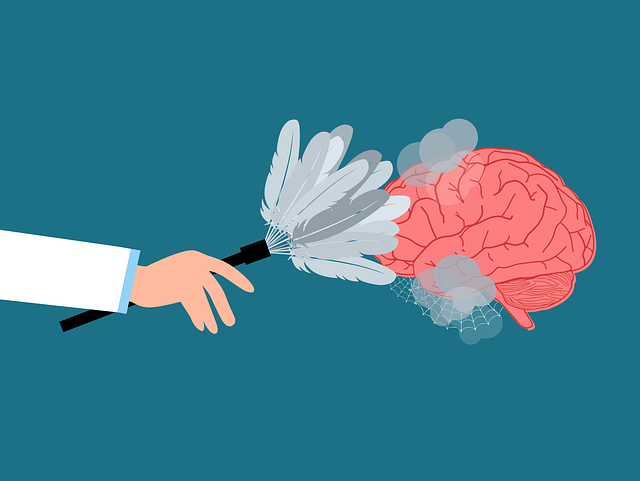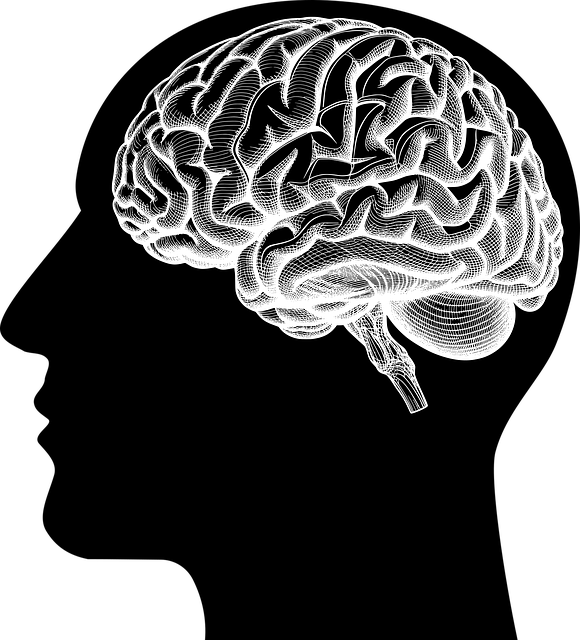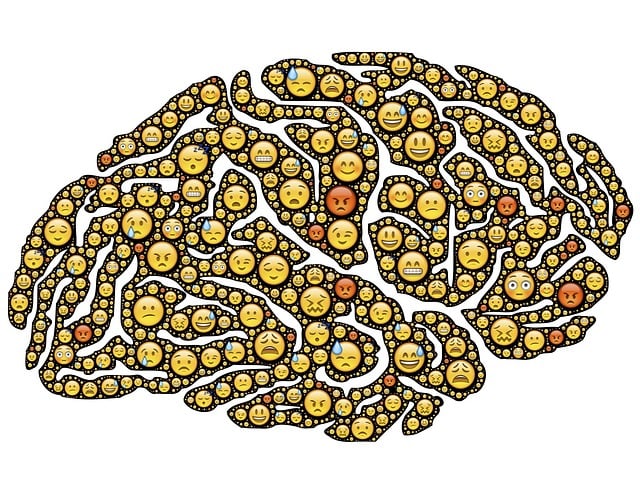Understanding Mental Health Data is crucial for therapeutic initiatives, requiring rigorous data collection and preparation to identify patterns and trends. Advanced data analytics tools help analyze anger patterns, enabling therapists to develop personalized interventions like Superior Anger Management Therapy, which addresses underlying needs and past traumas. This data-driven approach facilitates tailored treatment plans, enhancing mental health outcomes by recognizing the ineffectiveness of one-size-fits-all strategies. Evaluating Superior Anger Management Therapy involves both immediate and long-term metrics, with long-term impact assessment confirming its effectiveness in preventing burnout and recurring anger episodes.
Mental health data analysis is a powerful tool for understanding and improving therapeutic outcomes. This article explores the critical process of interpreting mental health data, focusing on anger-related issues. We delve into essential data collection and preparation methods, advanced analytical techniques to uncover hidden patterns, and the art of translating findings into personalized therapy plans. Furthermore, we assess the impact of Superior Anger Management Therapy through robust metrics and long-term studies, underscoring the importance of data-driven decisions in mental health care.
- Understanding Mental Health Data: Essential Collection and Preparation
- Analyzing Anger-Related Patterns: Uncovering Insights with Advanced Techniques
- Interpreting Results for Personalized Therapy: The Role of Data-Driven Decisions
- Evaluating Superior Anger Management Therapy: Metrics and Long-Term Impact Assessment
Understanding Mental Health Data: Essential Collection and Preparation

Understanding Mental Health Data is a pivotal first step in any therapeutic endeavor or research project. To effectively analyze and interpret this data, it’s essential to begin with rigorous collection and preparation. This involves creating comprehensive datasets that capture not just symptoms but also contextual factors like lifestyle, social dynamics, and environmental influences. Accurate data collection ensures that the subsequent analysis yields meaningful insights.
Preparation of these datasets includes cleaning, organizing, and coding the data in a structured manner. This might involve categorizing responses, normalizing metrics, and integrating information from various sources such as surveys, clinical assessments, and observational notes. The meticulousness in this phase sets the stage for reliable analysis, enabling practitioners to identify patterns, trends, and outliers that could point towards effective interventions, like superior Anger Management Therapy, Conflict Resolution Techniques, Empathy Building Strategies, or Social Skills Training.
Analyzing Anger-Related Patterns: Uncovering Insights with Advanced Techniques

Analyzing anger-related patterns is a critical aspect of mental health data analysis, offering valuable insights for improving emotional well-being promotion techniques. With the advent of advanced data analytics tools, researchers and therapists can now uncover complex relationships within anger expression data. By employing sophisticated algorithms and machine learning models, it’s possible to identify specific triggers and enduring themes associated with anger in individuals or groups. This allows for a more nuanced understanding of anger management issues, enabling the development of tailored interventions.
Superior Anger Management Therapy leverages these insights to implement effective strategies such as compassion cultivation practices and emotional regulation techniques. By recognizing patterns indicative of unmet needs or past traumas, therapists can guide clients towards healthier coping mechanisms. Ultimately, this data-driven approach facilitates personalized treatment plans that not only alleviate immediate anger-related symptoms but also foster lasting positive changes in emotional responses, contributing to a more balanced and fulfilling life for individuals struggling with anger management.
Interpreting Results for Personalized Therapy: The Role of Data-Driven Decisions

Interpreting data from mental health assessments is a powerful tool for tailoring therapeutic approaches to individual needs. By leveraging data-driven decisions, clinicians can design personalized treatment plans that are more effective and tailored to each client’s unique challenges. This precision in therapy delivery recognizes that what works for one person may not be suitable for another, thereby enhancing the overall mental health outcomes.
In the context of anger management, for instance, analyzing an individual’s emotional responses, triggers, and coping mechanisms can guide therapists towards implementing Superior Anger Management Therapy. This personalized approach incorporates specific Self-Awareness Exercises and Self-Esteem Improvement techniques tailored to address underlying issues contributing to anger. Data analysis enables a more dynamic and adaptive therapy process, ensuring that treatment strategies remain relevant and impactful throughout the journey towards emotional well-being.
Evaluating Superior Anger Management Therapy: Metrics and Long-Term Impact Assessment

Evaluating Superior Anger Management Therapy requires a multi-faceted approach, combining both immediate and long-term metrics to assess its effectiveness. Short-term indicators such as participant engagement, treatment adherence, and changes in anger expression levels offer valuable insights into the therapy’s impact during active participation. However, true validation comes from observing sustained improvements in emotional regulation, stress management, and communication strategies over time.
Long-term impact assessment is crucial for understanding whether Superior Anger Management Therapy translates into meaningful, lasting benefits beyond the treatment period. This involves tracking individuals’ ability to apply learned coping mechanisms in real-world settings, including their effectiveness in preventing burnout and mitigating recurring anger episodes. By integrating feedback from participants and measuring changes in their overall well-being, researchers can gain a comprehensive understanding of the therapy’s value and inform future improvements in emotional health interventions.
Mental health data analysis plays a pivotal role in understanding and treating conditions like anger management. By employing advanced techniques, professionals can uncover valuable patterns, enabling personalized therapy approaches that are more effective. The article has explored this process from data collection to interpretation, highlighting the importance of rigorous evaluation, especially when assessing Superior Anger Management Therapy. Through continuous research and data-driven decisions, mental health professionals can significantly enhance patient outcomes and improve overall well-being.














